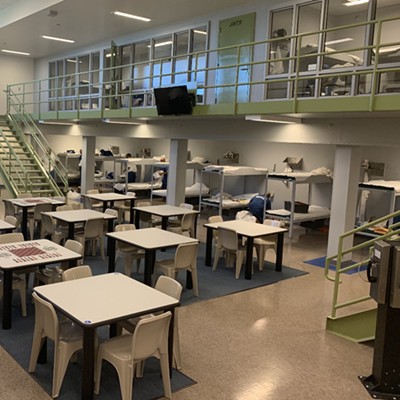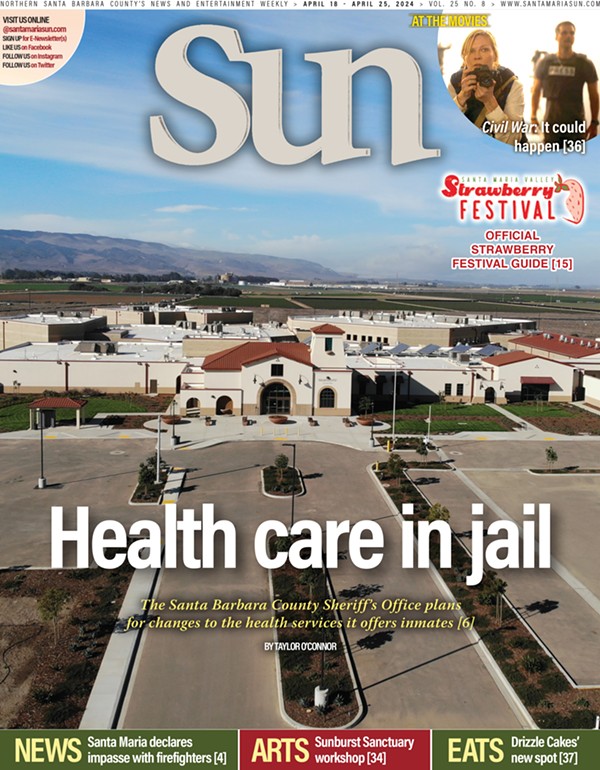In an act of defiance to President Donald Trump’s decision to pull out of the Paris climate accord, a majority of the Santa Barbara County Board of Supervisors voted to say, “We are still in.”
In doing so, the board directed county Executive Officer Mona Miyasato to register the county as a signatory on an open letter to the international community from states, cities, universities, and businesses in the U.S. telling the world that they will still continue to support action on climate change—regardless of what the federal government decided.
“American leadership on climate change extends well beyond the federal government,” 3rd District Supervisor Joan Hartmann said during the meeting. “The Paris Agreement is a blueprint … an opportunity, not a liability.”
The July 11 vote fell 3-2, with North County Supervisors Steve Lavagnino and Peter Adam dissenting—although the reasons they gave for that decision differed.
Lavagnino initially said he would abstain from voting on the matter as he does with most of the board’s symbolic acts on national issues, because he’s focused on what’s happening within the county and doesn’t know everything he needs to know about the climate accord to make an educated decision about it.
“We’re doing our own thing,” Lavagnino said. “Nothing’s going to change here in Santa Barbara County. We’re not repealing anything. We’re not adding anything. It’s all the same.”
While 1st District Supervisor Das Williams said he tried to stay away from largely symbolic votes on national-scale issues, too, this was different.
“This goes beyond symbolic acts,” Williams said. “This isn’t just Santa Barbara County going off on its own; it’s 125 cities, nine states … that are signatories to the We Are Still In efforts.”
Adam called into question the credibility of the science behind climate change, citing predictions made by scientists in the 1970s and 1980s that didn’t come true as evidence that what scientists are saying today may also prove unfounded in the future. He used three instances from a list of examples he’d compiled, including biologist Paul Ehlrich’s declaration that global cooling was upon us and a 1970 statement made in Life magazine saying air pollution would be so horrible in the future that urban residents would have to wear gas masks.
“That hasn’t happened,” Adam said.
Williams responded by referencing the Clean Air Act, which was passed in 1970.
“Cities and states across this nation took steps because, you know, Southern California was headed toward the point where you would need a gas mask,” he said. “It didn’t happen, precisely, because we took action.”












